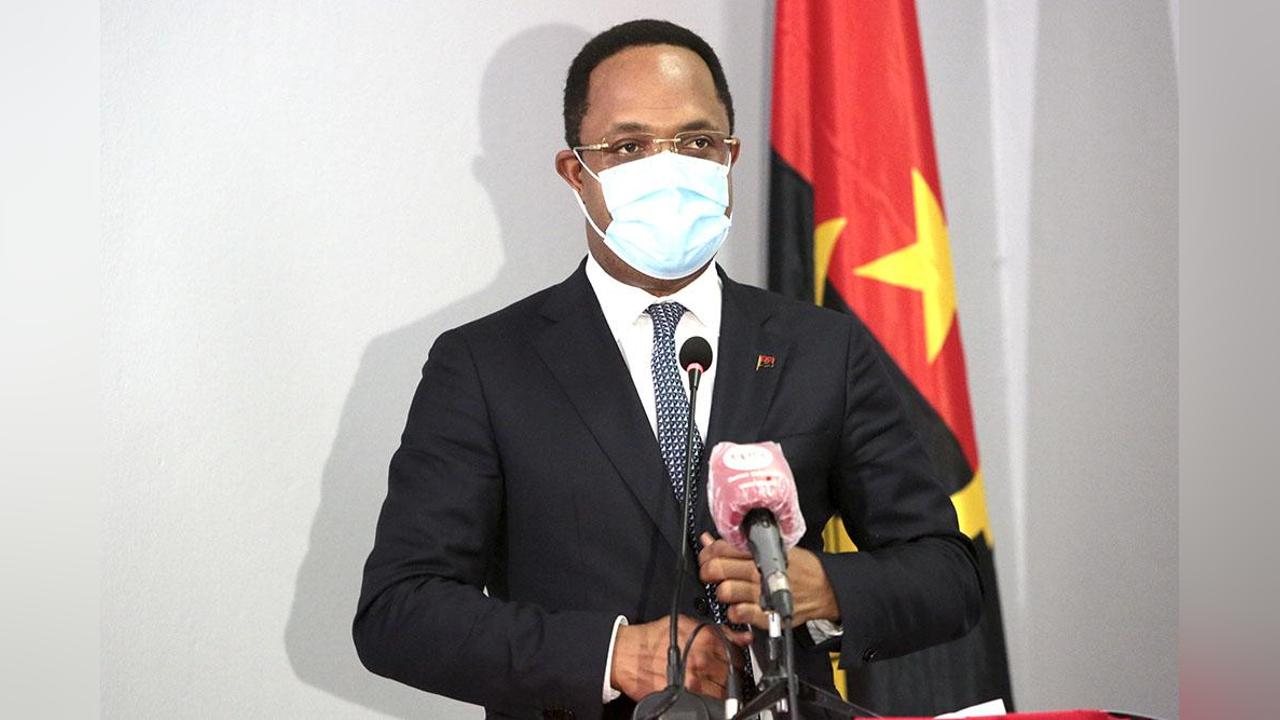Africa-Press – Angola. The new headquarters of the Regional Directorate of the company Edições Novembro in Lobito (Benguela), was inaugurated this Saturday, by the Secretary of State for Social Communication, Nuno Caldas Albino.
Addressing those present, the official said that this is yet another action included in the technical and technological modernization program of infrastructures, which is underway at the level of the media.
“It is yet another clear and unequivocal sign that the attitude of the media is increasingly one of proximity and interaction”, he underlined.
According to him, allied to this fact, part of the strategy of Edições Novembro, is the resumption of regional titles so that the information, at the level of each province, arrives more interactive and in accordance with its reality.
“We want to leave our appeal for journalists to fight for the exercise of their activity with ethics and professional deontology”, said the secretary.
In turn, the vice-governor for the political, economic and social area, Lídia Amaro, congratulated Edições Novembro for publishing several important subjects of interest to the province of Benguela.
The vice-governor pointed out topics such as the Port of Lobito, the Benguela Railway (CFB) and the Lobito Corridor, as subjects with a lot of content to explore.
“As a Government, we want to reaffirm once again that all institutional support will be provided, not only for Edições Novembro, but also for other media outlets in the province of Benguela.
New strategy for November Editions
The Chairman of the Board of Directors of the company Edições Novembro, Drumond Jaime, revealed that the new headquarters is part of the strategy of strengthening and growing the regional press, to offer better working conditions to professionals.
“We are in a very important area and we could not fail to have a headquarters with more dignity”, considered the PCA.
From an economic point of view, several projects are being developed in the province of Benguela, such as the Lobito Refinery, also known as Sonaref, and the Lobito Corridor, which covers neighboring countries, namely the Democratic Republic of Congo (DRC) and Zambia.
Questioned about the production of newspapers, Drumond Jaime said that there are no major constraints, despite the financial limitations.
“We managed to have a regular production and provide the provinces with a greater number of journalists, he explained.
He acknowledged that there were problems in terms of training, improving techniques and the change in journalists’ way of being.
“It is also necessary to bring opinions from the large population centers outside Luanda and from the coastal provinces”, he opined.
Regarding the distribution of newspapers, he also pointed out problems in their transportation, especially since the beginning of Covid-19.
The PCA also revealed that, in some parts of the country, the easiest and fastest way to deliver newspapers is by air and there are not always daily connections.
“We have also resorted to land distribution and we think it is still not enough”, he considered.
He made it known that the company is creating ties with carriers so that the newspapers reach their destination, even if it is a day late.
“The objective is to take the newspapers to all municipalities in the country”, he concluded.
At central level, Edições Novembro publishes the first and only daily newspaper in the country, entitled “Jornal de Angola”.
It is also responsible for the weekly newspapers Jornal dos Esportes, Economy and Finance, Metropolitano de Luanda and the Jornal Angolano de Artes e Letras.
It also has fortnightly publications across the country, namely Jornal o Planalto, Angoleme, Cinguvu, Nkanda and O Litoral.
Inherited from the colonial period, the company was transformed into Edições Novembro on July 26, 1976.
For More News And Analysis About Angola Follow Africa-Press






